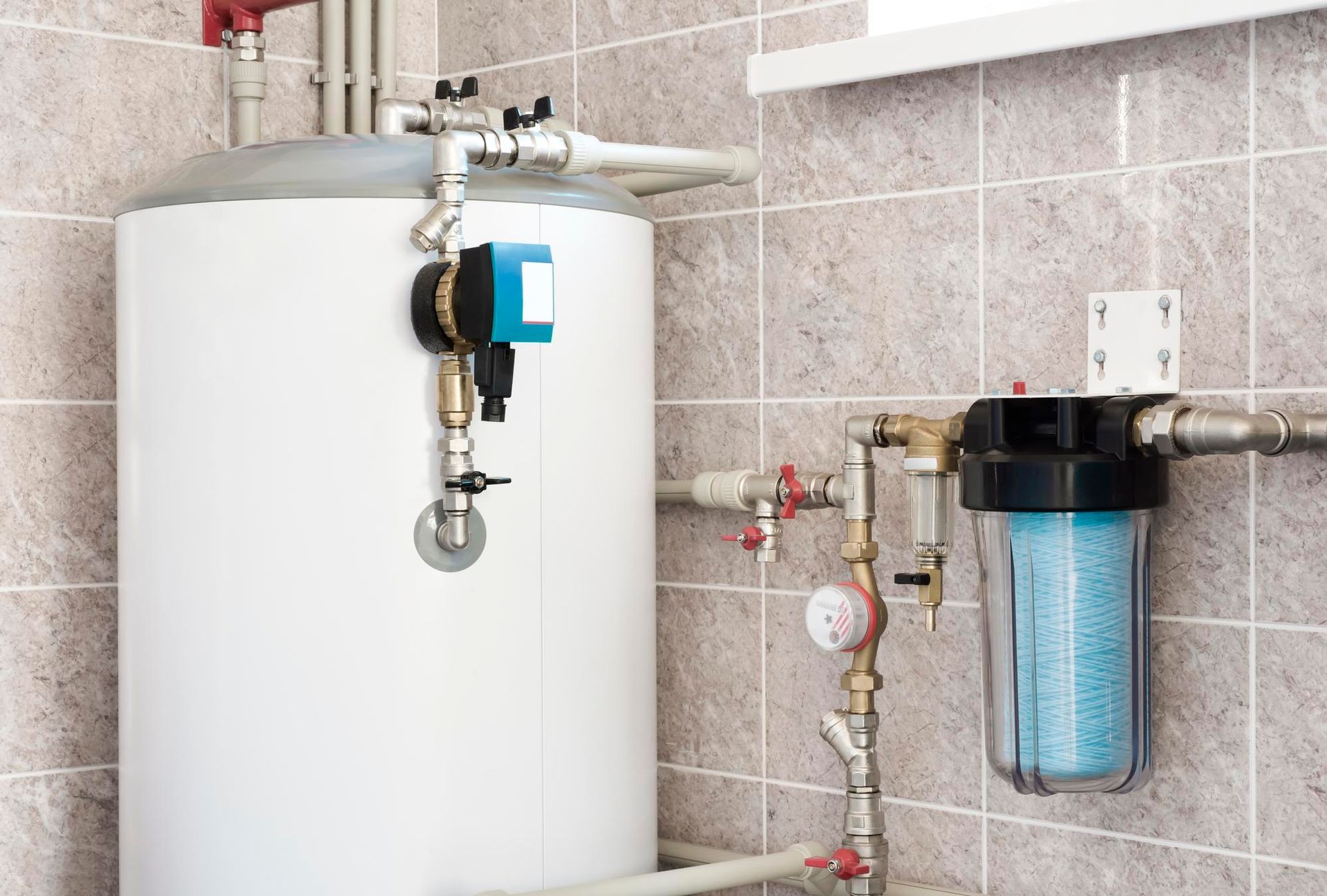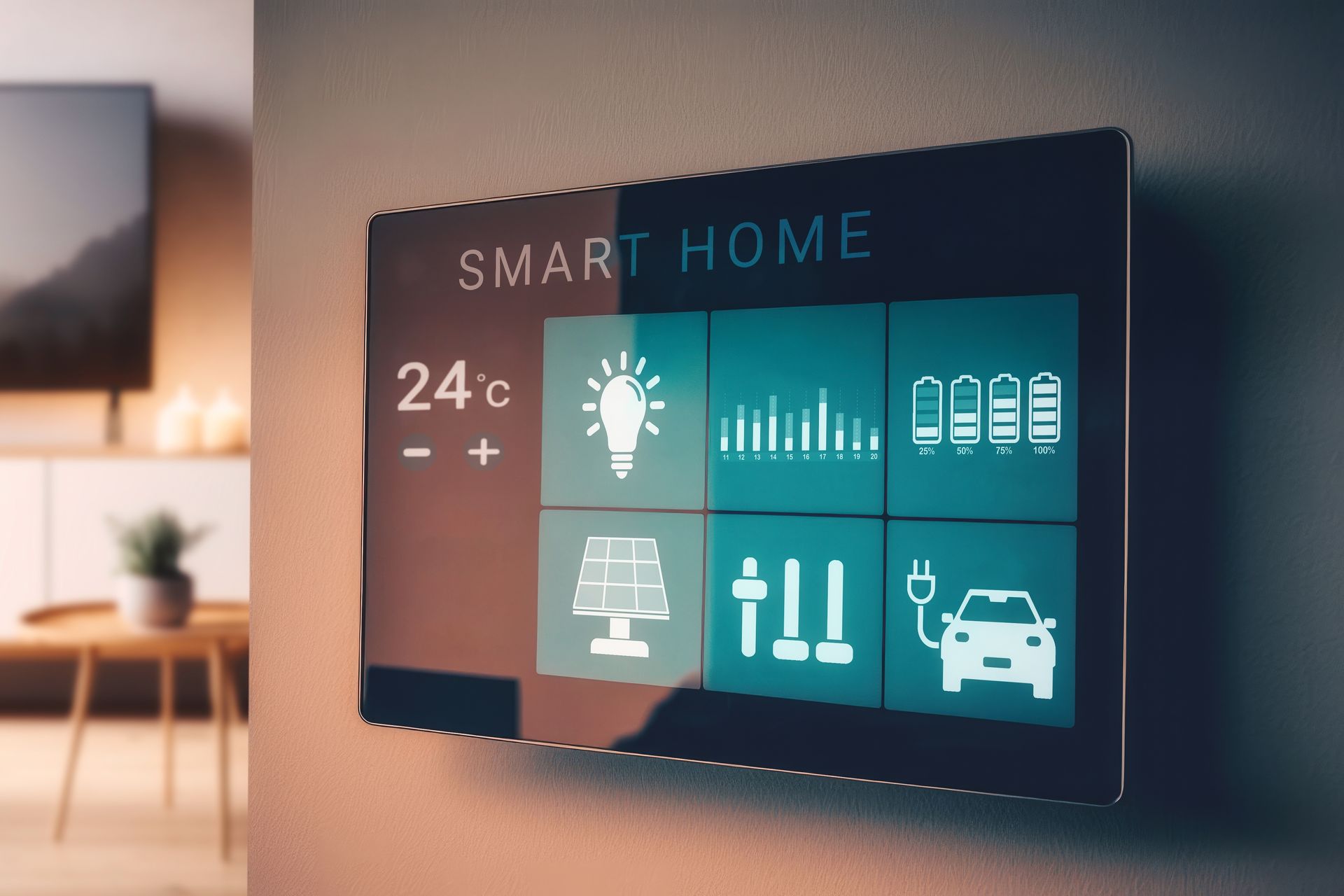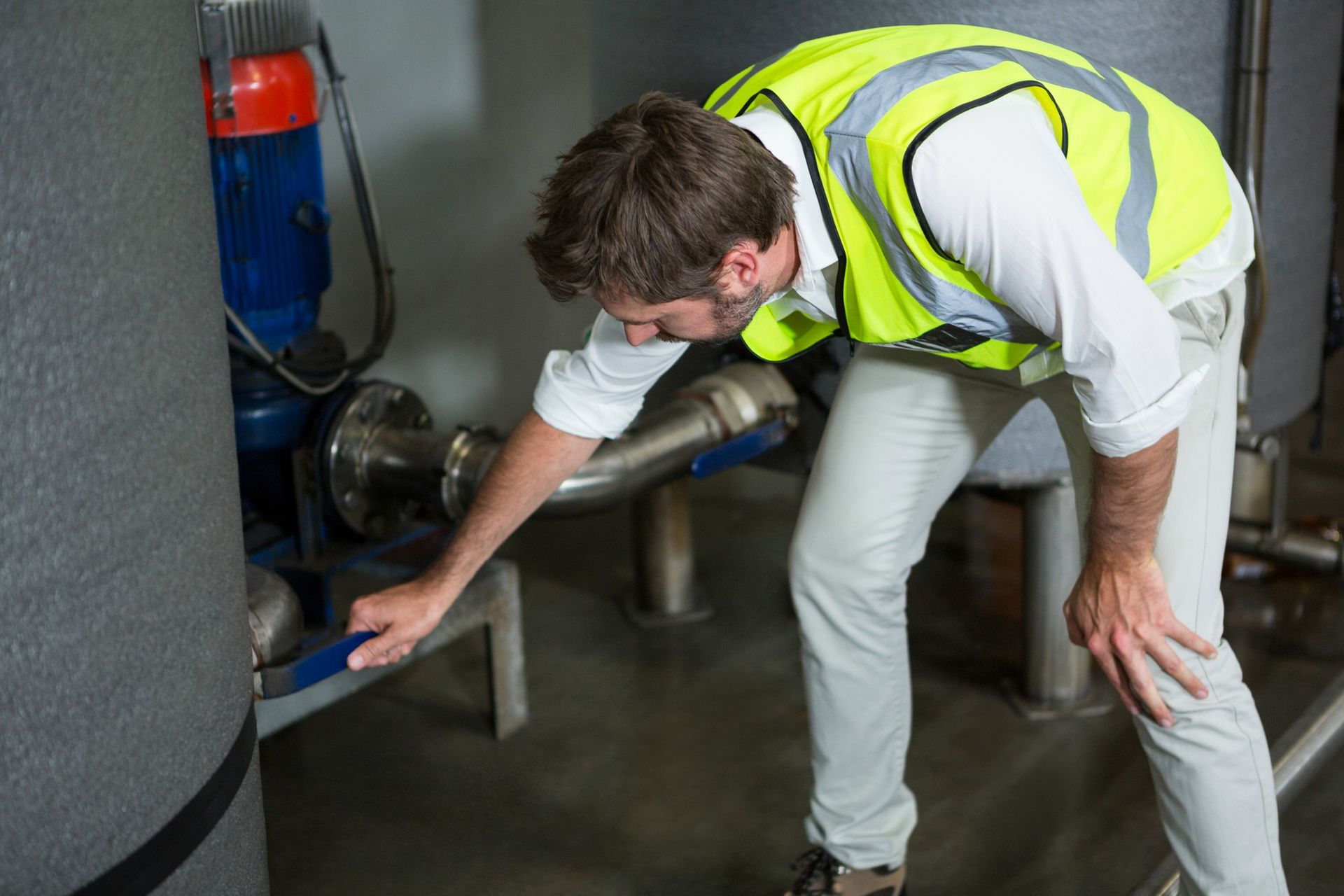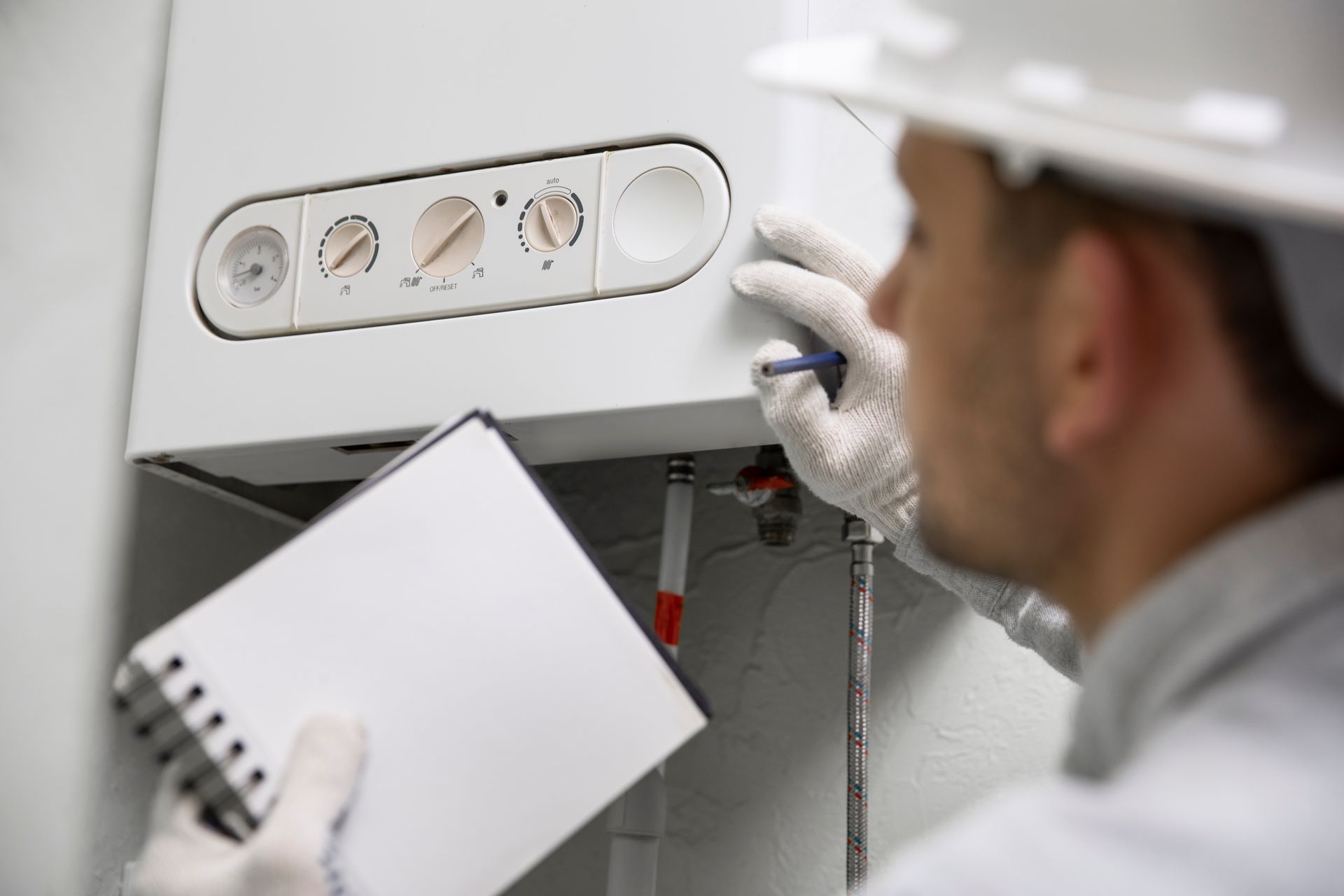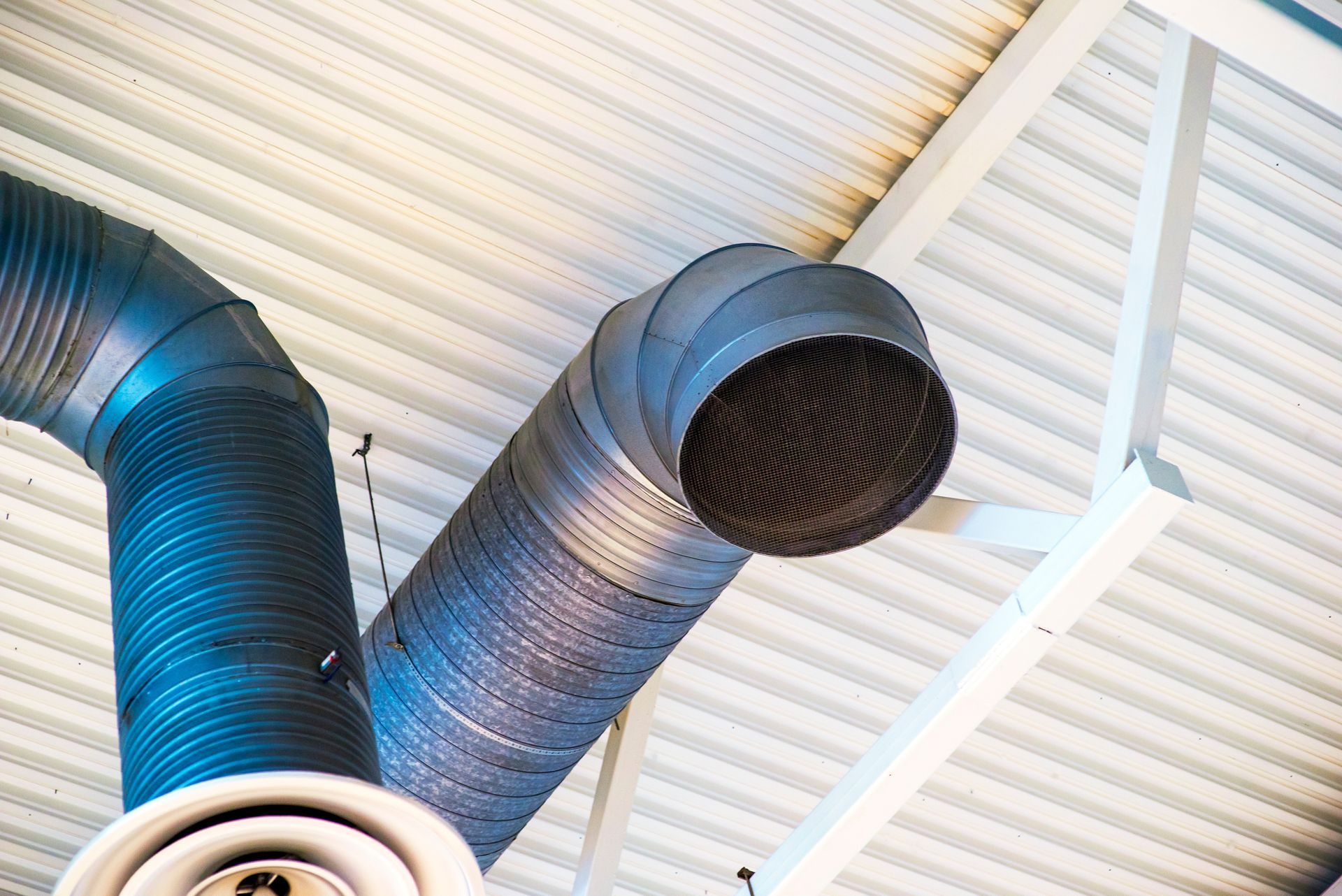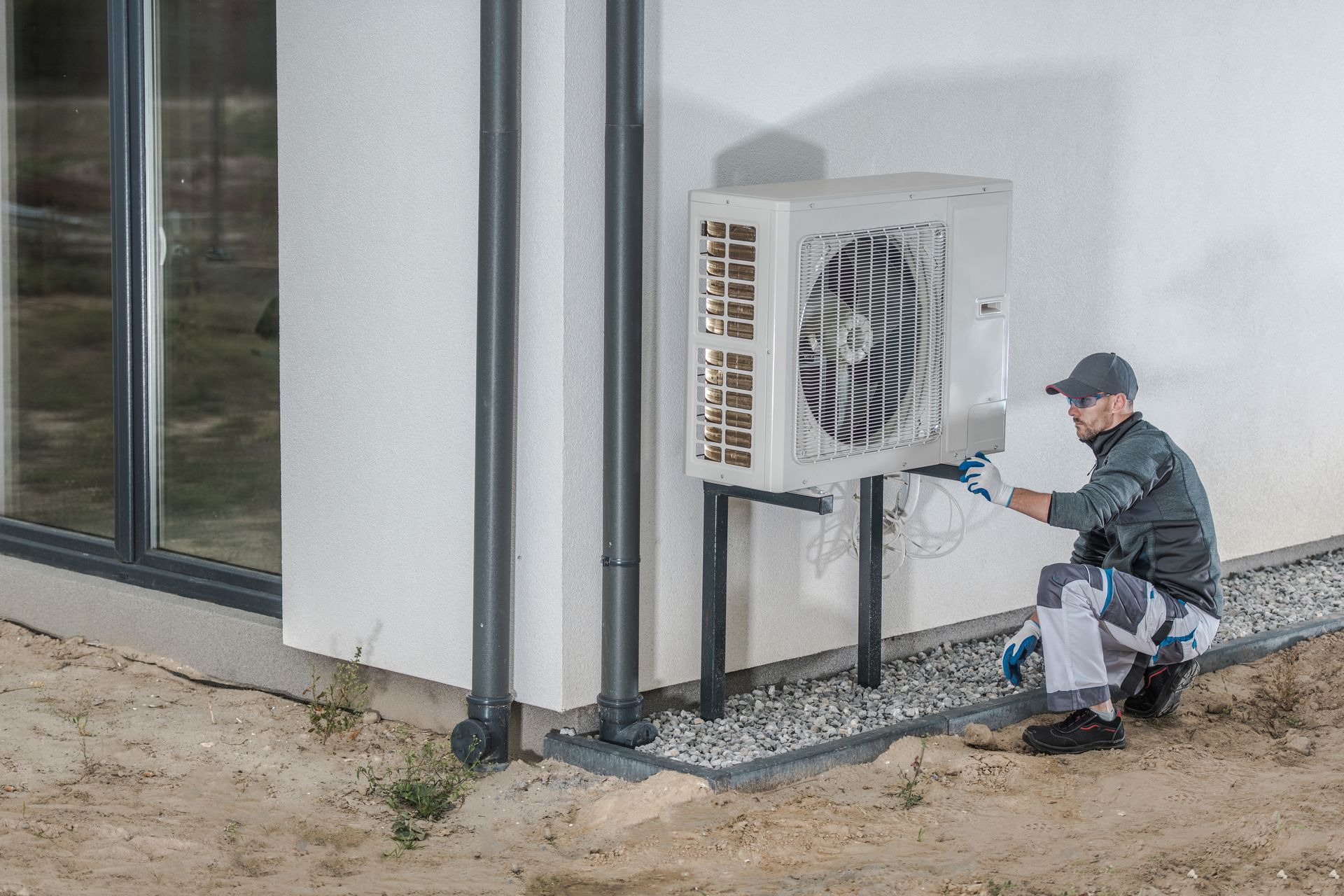How Industrial Refrigeration Systems Work and Why Regular Maintenance is Crucial
Industrial refrigeration is a crucial component of many industries, particularly where perishable goods are involved. This includes sectors like food processing, pharmaceuticals, and petrochemicals where products need to be stored at controlled temperatures to preserve their quality and integrity. Despite their importance, the intricacies of industrial refrigeration systems and the need for regular maintenance often remain overlooked. This article aims to shed light on these aspects.
Firstly, let's start with the basics. An industrial refrigeration system operates on the fundamental principle of thermodynamics – moving heat from one location (the source) to another (the sink or heat exchanger). The whole system includes components such as compressors, condensers, expansion valves, and evaporators. Each of these plays a critical role in the cycle of evaporation and condensation of the refrigerant, ensuring that the heat is efficiently removed from the source and expelled at the sink.
Operating at industrial scales means these systems are far larger and more complex than residential or commercial refrigeration units. They require high-quality materials and precision engineering to withstand the tremendous pressures and temperatures they encounter daily.
Now, let's move on to the importance of regular maintenance. Like any mechanical system, industrial refrigeration units are prone to wear and tear. Over time, inefficiencies can creep in, either through gradual wear on components, build-up of dust and grime, or the slow degradation of the refrigerant itself.
Regular maintenance is the best way to mitigate these issues. Scheduled inspections allow for the early detection of potential problems, such as leaks or worn parts. Not only does this prevent a minor issue from becoming a major one, it also ensures that the system operates at peak efficiency, reducing energy consumption and costs.
Beyond inspections, maintenance also includes regular cleaning and the replacement of parts as necessary. For example, the condenser coils must be kept clean to ensure efficient heat transfer. If they become coated with dust, it acts as an insulator and hampers the effectiveness of the system. Likewise, any worn or damaged parts must be replaced promptly to prevent breakdowns.
Unfortunately, despite the clear benefits, maintenance is often seen as an inconvenience or an unnecessary expense, leading many businesses to ignore it until a problem arises. However, the cost of emergency repairs and the potential loss of perishable goods far outweigh the expense of regular maintenance.
Ultimately, the goal of regular maintenance is to ensure the reliability, efficiency, and longevity of your industrial refrigeration system. It avoids downtime, saves on energy costs, and most importantly, it ensures that your products are kept at the optimal temperature, preserving their quality and your reputation.
Don't wait for a breakdown to occur before you consider the health of your industrial refrigeration system. At Budget Heating & Cooling, our team of experienced professionals provides comprehensive inspection and maintenance services, ensuring your system remains in peak condition year-round.
Remember, regular maintenance isn't just about preventing problems – it's about optimizing efficiency and performance. It's an investment in your operations that will pay significant dividends in the long run.
So, are you ready to commit to the longevity and efficiency of your industrial refrigeration system?
Reach out to us at Budget Heating & Cooling today. We’re here to ensure your business never experiences the chill of a refrigeration breakdown.


